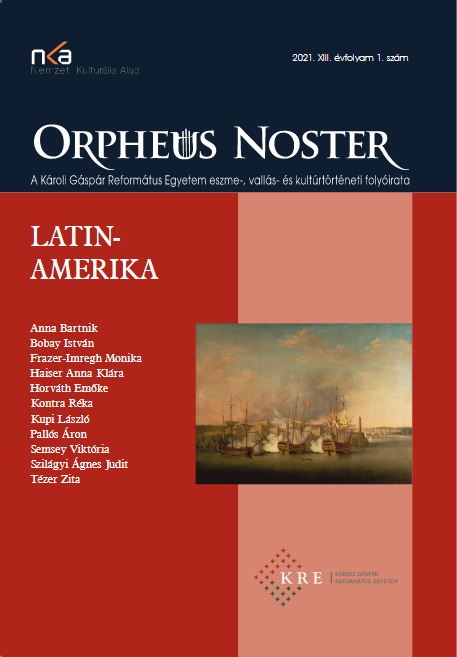A kubai függetlenség nemzetközi viszonyrendszerben: USA, Spanyolország, Kuba
The Independence of Cuba in International Context: USA, Spain, Cuba
Author(s): Réka KontraSubject(s): Politics / Political Sciences, Social Sciences, Communication studies, Sociology
Published by: Károli Gáspár Református Egyetem
Keywords: Spanish-american diplomacy; independence of Cuba; constitutions of Cuba; reconcentration policy; William McKinley; Valeriano Weyler; José Martí;
Summary/Abstract: The study presents the international context of Cuban independence, discussing the motives behind and process of the North American intervention that caused the war between Spain and the USA in 1898. Although president William McKinley did not want a conflict with Spain, he had no choice because Congress and common opinion resolutely demanded the end of European dominance in the area. They referred to the Monroe-doctrine and the cruel reconcentration policy of governor general Valeriano Weyler that produced a grave humanitarian crisis in Cuba. Diplomacy between the USA and the Hispanic Monarchy suffered a breakdown that resulted in the war. The article investigates the relations of the three states and the economical motives of Spain in insisting on continued influence over the island despite the fact that Cuba did not yield any profit because of its economic relations with the USA.
Journal: Orpheus Noster. A KRE Eszme-, Kultúr-, és Vallástörténeti Folyóirata
- Issue Year: XIII/2021
- Issue No: 1
- Page Range: 71-86
- Page Count: 16
- Language: Hungarian

